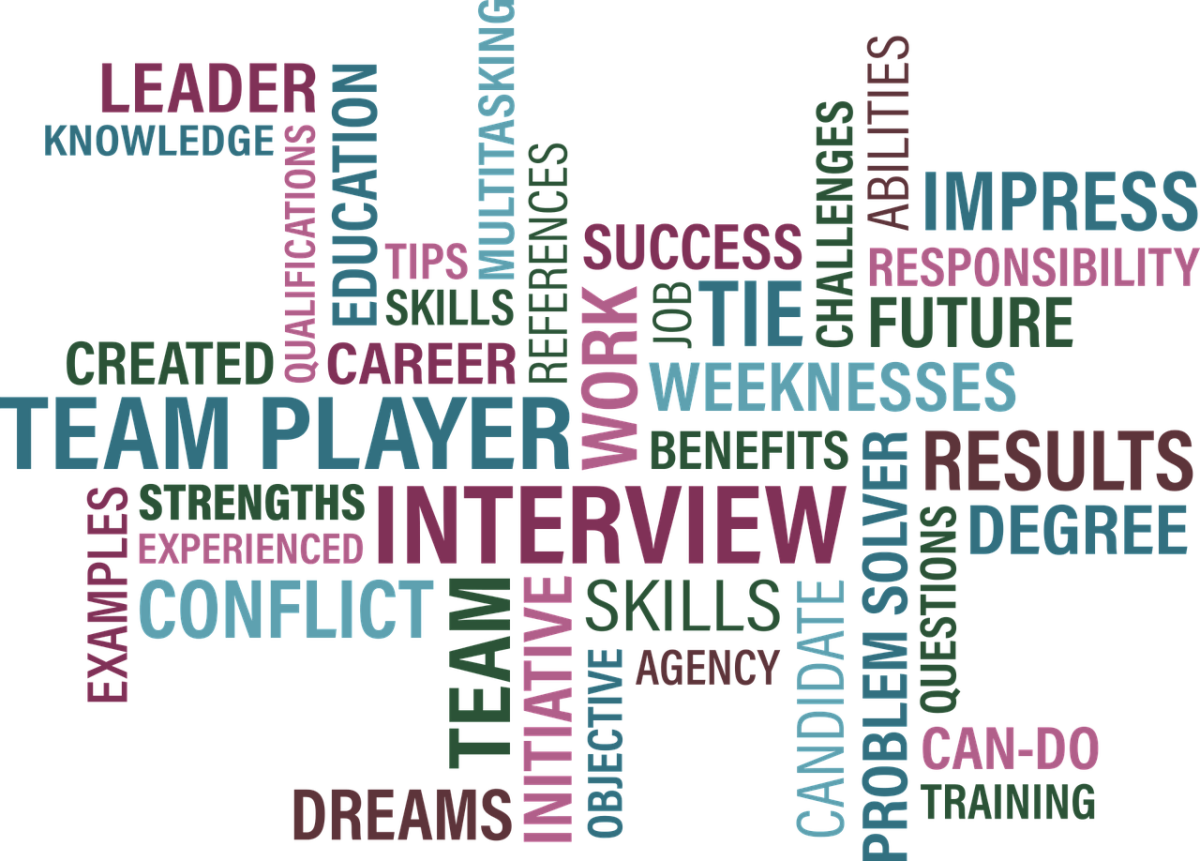What is an Interview?

Job Interviews
Most jobs you have applied for requires an interview, which is the process of testing your suitability for the job. Getting selected for a job interview is certainly one of the most wonderful feelings. You want to make sure you do everything in your power to land you that job -- probably the job of your dream or a job that you are so desperately in need of. Because you want to be adequately prepared for this job, you may try to gather as much information as you can on things, such as tips for job interviews, how to answer interview questions and so on, before you attend the actual interview.
However, sometimes no matter how prepared you are or how well you thought you did on a job interview, the company still might not offer you the job, or you might even think you did poorly, but still ended up getting the job.
What a Job Interview Really is
A job interview is the process of weeding out the less qualified applicants in order to come up with the most qualified person for a job. According to social psychologists, it's actually considered a complex, dynamic process, in which the characteristics of the interviewer, the applicant, and the situation interact.
Because subjective factors play such an important role, some psychologists believe the typical interview does not validly predict an applicant's full capability. Below are some of the things that are normally factored into job interviews, based on findings:
- Most interviewers place more emphasis on unfavorable information than on favorable information.
- Most interviewers have an image of the "ideal" applicant, against which they evaluate the candidates they interview.
- interviewers differ widely in the cues(words, appearance, behavior) they rely on to evaluate an applicant, yet they are unable to state just what cues they do use.
- Most interviewers focus a lot more on body languages such as the applicant's posture, gestures, and facial expressions than on his or her words.
- Interviewers do have the tendency to rate more highly those applicants who are of the same gender or ethnic background as themselves or who share the interviewer's attitudes -- although this higher rating doesn't seem to affect job offers.
Some social Psychologists argue that the invalidity of the interview stems not just from the biases and backgrounds of interviewer and applicant, but from the structure of the interview guide, the same data are not used to compare applicants. One example used by these experts was that: if you ask one student what's the product of 6 and 5 and another the square root of 7.543 you cannot fairly conclude that the second student is worse in mathematics -- yet this is essentially what interviewers do, according to these experts.
They further argue that worse, an interview can be discriminatory, especially when the interviewer probe too deep into areas of the applicant's life that have nothing to do with on job performance. To help protect against such irrelevant probing, the Washington State Human Relations Commission ruled that certain question may not be a normal part of job interviews.
Questions regarding applicants' arrests, citizenship, personal information(such as marital status, spouse's salary, pregnancies, children, child-care arrangements, and whether the applicant owns or rents a house), or military discharge information are all forbidden. Interviewers are also instructed to avoid questions that too broad as their answers are likely to provide information (such as a health condition) that is unrelated to job performance.
What Employers Claim is Most Important
Based on findings, most employers claim that the most important aspect of their employee-selection procedure is the job interview which is used as an attempt to evaluate the applicant's attitude, motivation, and behavior. Even though the purpose of the interview is to collect information about the application, it is not considered a simple factor finding process.
What Seems to Have A Strong Impact
First impression is known to have a strong impact on an interviewer most of the times. It's believed that sometimes the applicant doesn't have to say much before the interviewer start categorizing him or her, based on appearance, behavior, and information already available on the application. According to some social Psychologists, this pre-interview judgement may become a self-fulfilling prophecy, determining how the interviewer interprets the applicant's answer. Most job applicants are aware of this tendency, so they usually dress to create a good first impression and try to present the image they think the interviewer is looking for.
Conclusion
Based on all the above information,due to the nature of Job interviews, knowing how to answer interview questions or even gathering tips for job interviews sometimes are simply not enough to land you a job. Also, because a job interview is not based just on a single factor even the best prepared and best presented person could still winded up not getting the job he/she was being interviewed for. Now that you are aware of the nature of job interviews, you should take all the above findings into consideration and always try to prepare for an interview to the best of your abilities.
(C)By: I. McFarlane 10/2012 .*.








